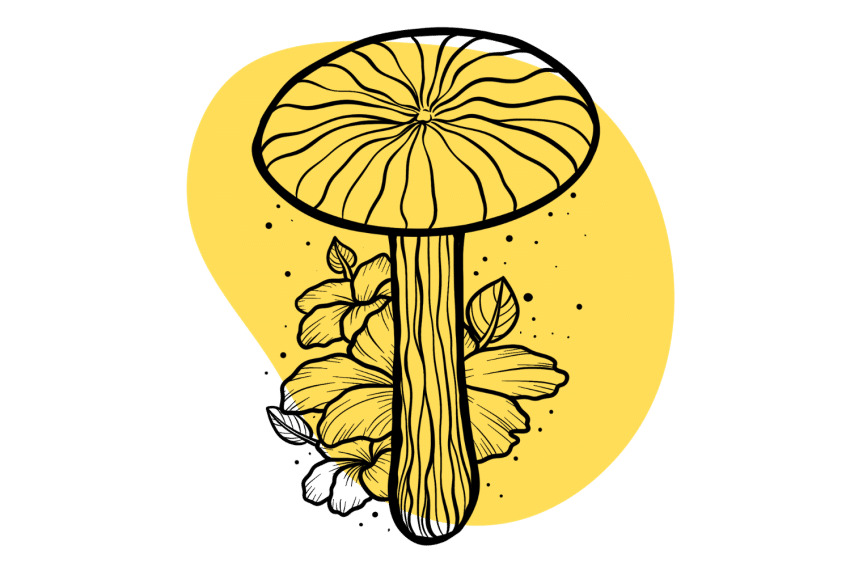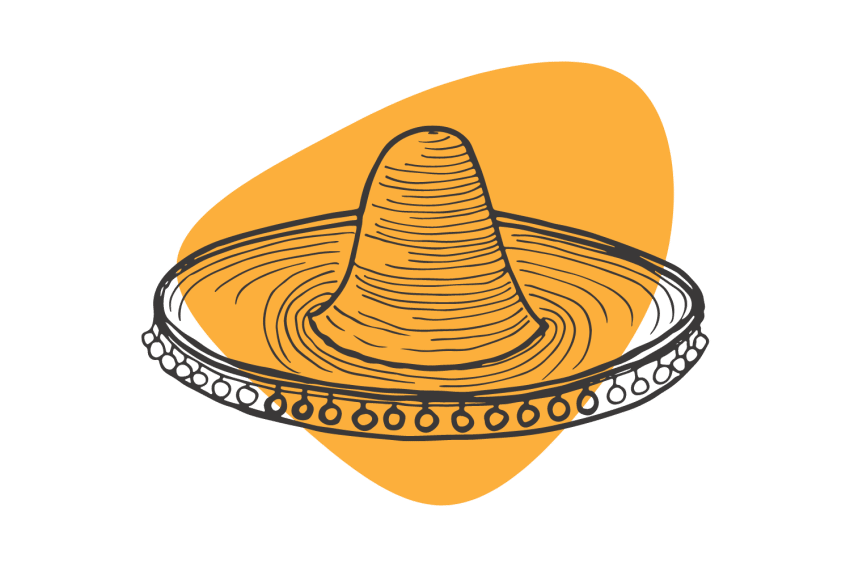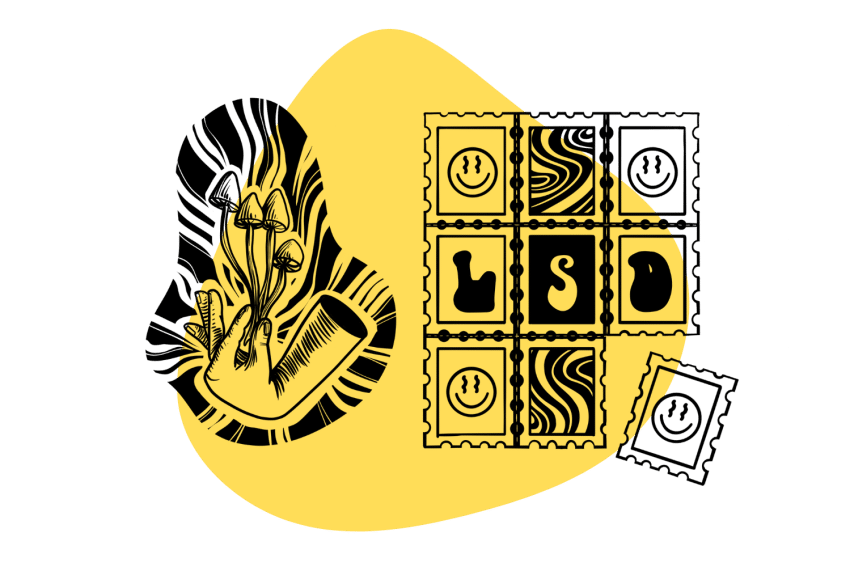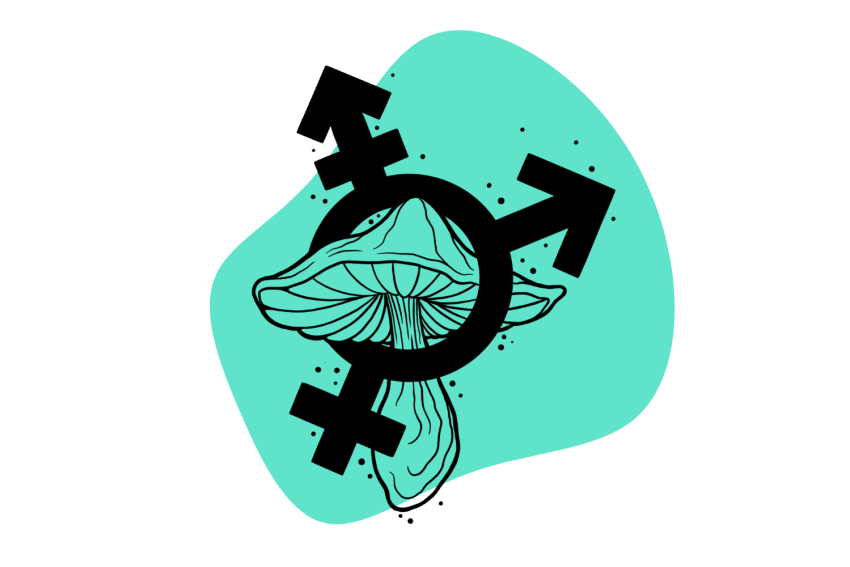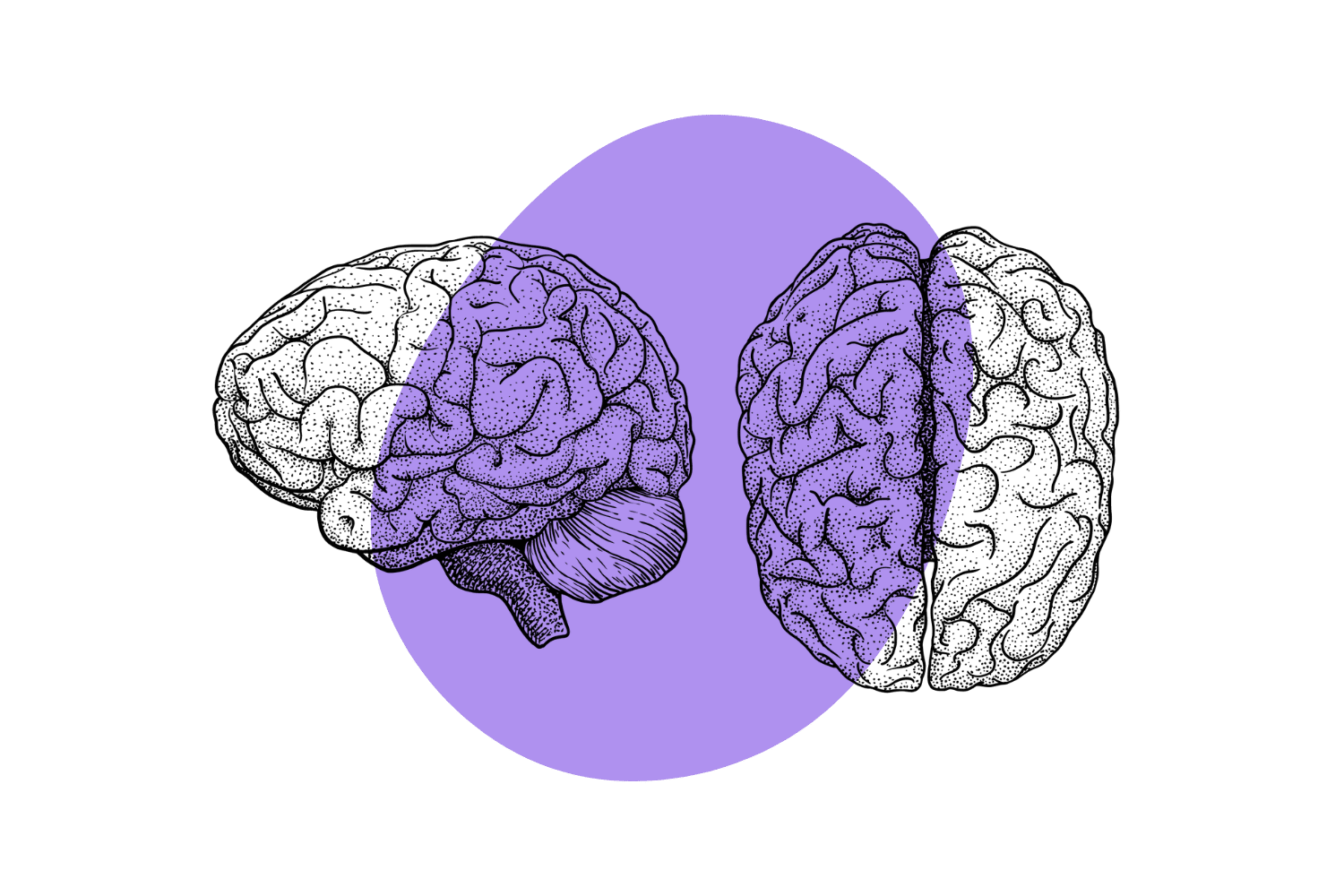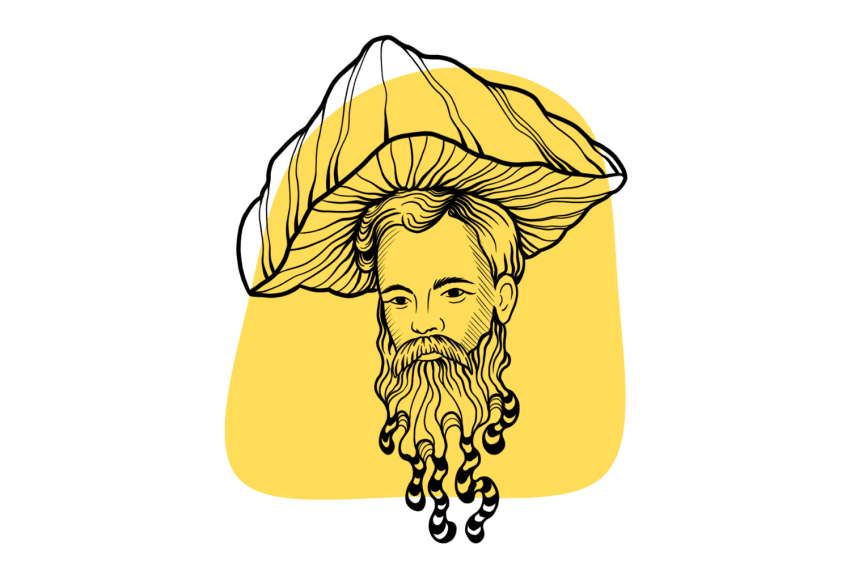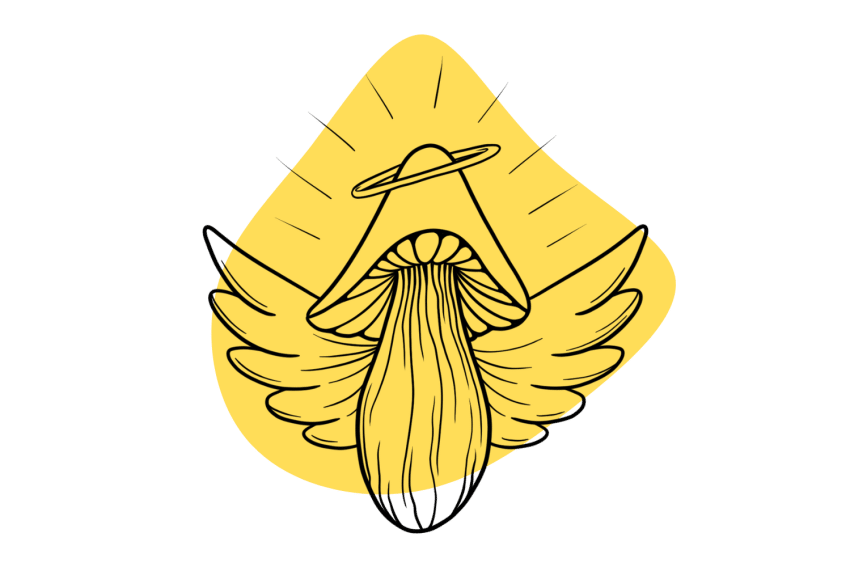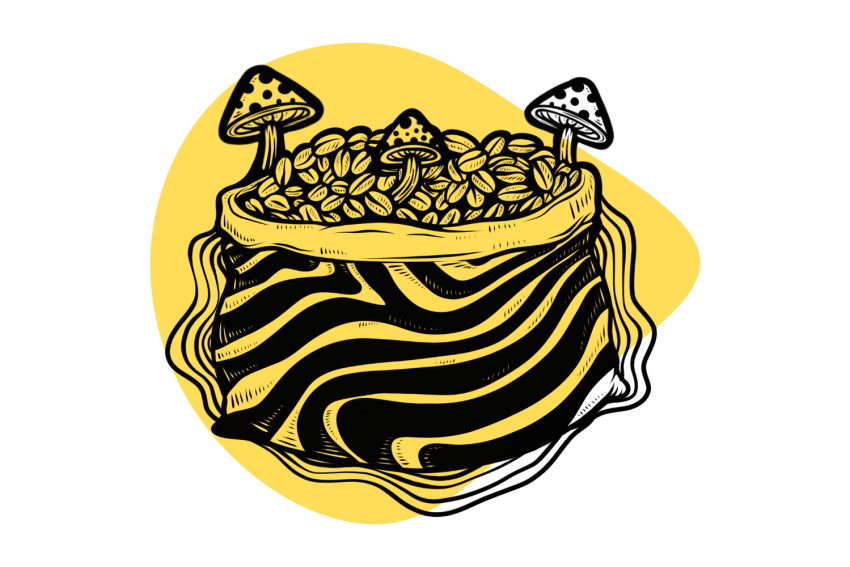Are Psychedelics Legal in Norway?
Norway may be on the verge of decriminalizing magic mushrooms.
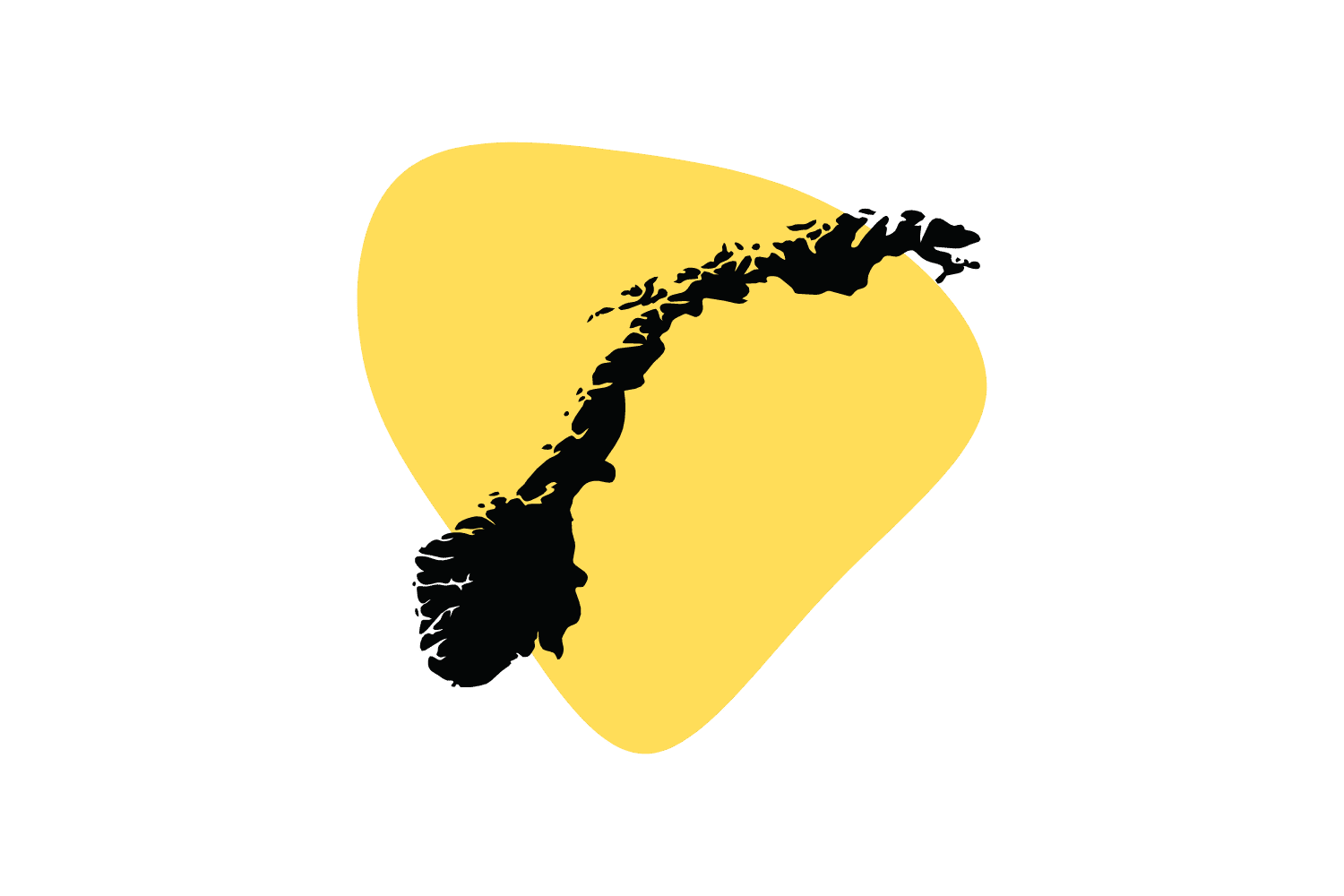
Magic mushrooms and other psychedelics have been shown to offer valuable treatment for various psychological disorders.
Despite this fact, virtually all psychedelic substances remain strictly illegal in Norway.
Learn more about the regulations covering various psychedelic substances in Norway, including magic mushrooms, LSD, DMT, mescaline, cannabis, and more.
Summary of Psychedelic Drug Laws in Norway
- All psychedelics are illegal in Norway.
- Penalties may involve up to two years in prison for simple possession charges.
- Marijuana is legal for medicinal use, but recreational use is strictly illegal.
- Norway almost decriminalized all drugs in 2021. Some believe regulators will try again in the near future.
Norway: Drug & Penalties Chart
| Possession Amount | Penalty |
| Small | Minor drug offense; Up to 6 months in prison or a fine |
| Large | Up to 2 years in prison |
Sources:
- Help, not punishment for drug use- Ministry of Health and Care Services
- Regulations on amendments to regulations on drugs, etc. (Drug list)
- Homeopathic Medicinal Products- The Norwegian Medicines Agency
- Norway’s General Civil Penal Code
- Norway Country Drug Report 2019
Are Magic Mushrooms Legal in Norway?
No, magic mushrooms are illegal in Norway.
Norwegian law makes no legal distinction between psychoactive substances: all drugs carry the same penalties. According to Section 162 Civil Penal Code, for possessing small quantities of an illegal substance, you can be penalized with up to 2 years of imprisonment.
However, there is a strong interest on the part of legislators to reduce penalties considerably.
In 2019, a committee was established to prepare for the implementation of drug reform. Then, in 2021, the Norwegian government submitted to Parliament a proposal to amend the penal code mainly based on the committee’s proposals.
The intention was to decriminalize drugs.
If this bill had passed, personal use would no longer be considered a criminal offense. Nevertheless, the Labour party rejected the plan in July 2021, so Norway continues to have harsh penalties for all psychoactive substances.
Despite the loss, the movement supporting decriminalization continues to grow. Experts believe Norway will pass a similar bill to the one proposed in 2021 in the near future.
Related: Magic Mushrooms 101
Legal Status of Magic Mushrooms in Europe
Where to Buy Magic Mushroom Spores in Norway
Magic mushroom spores are believed to be legal in Norway as they don’t contain any of the active psilocybin or psilocin. There are numerous online retailers selling spores in the country, and there are no reports of significant legal action on behalf of the Norweigan government.
It’s unlikely that you will get into trouble for possessing magic mushroom spores. However, be aware that if you cultivate them, you would be committing a crime, as when the spores grow, the mycelium begins producing psilocybin.
Do Magic Mushrooms Grow Wild in Norway?
Yes, some magic mushrooms grow wild in Norway.
You can find magic mushrooms growing naturally almost everywhere in the world. However, collecting mushrooms is dangerous, as you may mistake them for poisonous lookalikes. It’s important to know what signs to look for and what species to avoid.
Next, we will show you the three most common psychoactive mushroom species that grow wild in Norway.
Psilocybe semilanceata
Also known as “liberty caps,” they are one of the most common species worldwide. They usually grow in wooded areas — they are bell-shaped, their caps are thin, and their stems are small.
Psilocybe fimetaria
Although they grow naturally almost worldwide, encountering this species is difficult, as they grow solitarily and are very small. It can be found on horse or cow dung in grassy areas from September to November.
Panaeolus cinctulus
Also known as “mottlegill,” it is one of the most common species in the world. You can find it growing solitarily in compost heaps, lawns, well-fertilized gardens, and, on rare occasions, in horse manure.
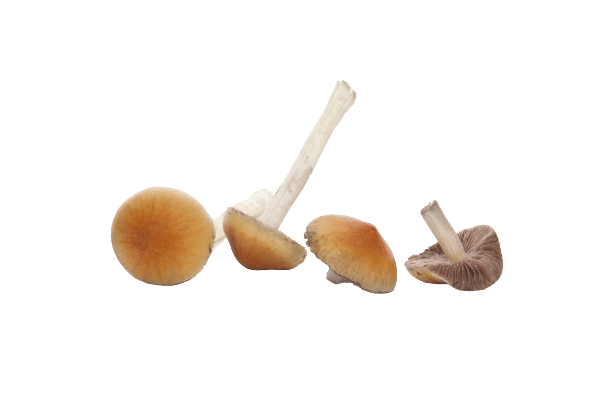
What Are the Medicinal Uses of Shrooms?
Numerous medicinal benefits of magic mushrooms have been discovered in recent years.
For this reason, many North American and European countries are reviewing their laws in this regard. For example, in Canada, the medicinal use of magic mushrooms and even MDMA is allowed.
Here are the most important therapeutic benefits of magic mushrooms:
- Depression — although they do not cure depression, they do serve to gain deep personal insights that help understand the root of the problem.
- Post Traumatic Stress Disorder (PTSD) — Although this research is still in progress, a few substantial tests show that psilocybin and other psychedelics have potent antidepressant and anxiolytic properties.
- Existential Anxiety — a recent study shows that psilocybin helps treat anxiety and existential depression that many terminally ill patients have.
- Cluster Headaches — studies show that psilocybin is the best psychedelic for preventing or reducing the severity of cluster headaches.
- Addiction — magic mushrooms can help treat depression and anxiety, common symptoms of addiction.
In addition to treating these illnesses and disorders, psilocybin can also increase your capacity for problem-solving and creativity.
According to the Entropic Brain Theory, certain psychedelics can suppress the highly organized activity of our brain. This means we become more aware of our feelings and have greater subjective feelings towards insight and divergent thinking.
Related: What is the Default Mode Network?
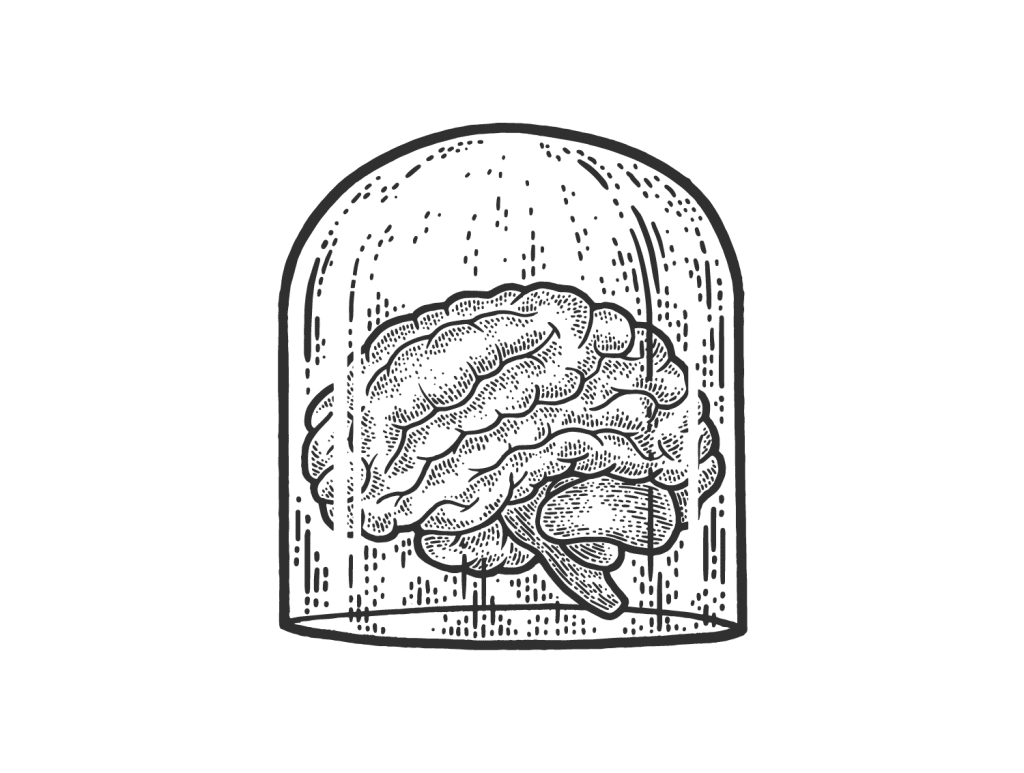
Is LSD Legal in Norway?
No, LSD is illegal in Norway.
As mentioned above, drug penalties are all the same for any substance in Norway. If the police catch you with small amounts of LSD (lysergic acid diethylamide), you may be imprisoned for up to 2 years.
Furthermore, for more severe offenses such as drug trafficking, the penalties increase considerably up to 10 years.
LSD is just one of a long list of related compounds in the lysergamide psychedelic family. The vast majority of which offer similar psychoactive effects and maintain a similar safety profile to LSD. These compounds are technically illegal in Norway, though most aren’t specifically mentioned on the list of controlled substances here.
A few examples of LSD-analogs include ALD-52, 1P-LSD, LSZ, ETH-LAD, and PRO-LAD.
Is DMT Legal in Norway?
No, DMT is illegal in Norway.
Also known as the Spirit Molecule, DMT is one of the most potent psychedelics in the world. It’s famous for being the main ingredient of ayahuasca, changa, and Bufo alvarius toad venom.
DMT is also a controlled substance in Norway, so possessing, selling, or manufacturing it can carry severe penalties. If the police catch you with small amounts, you can spend up to 2 years in prison or receive heavy fines. This penalty increases to up to 10 years in the case of large quantities.

Is MDMA Legal in Norway?
No, MDMA is illegal in Norway.
MDMA is another potent psychedelic and empathogen that has shown great promise in medical research searching for new treatments for depression, PTSD, and anxiety.
For this reason, many countries have already moved towards legalization. For example, Canada has already legalized MDMA-assisted therapy — on the other hand, Portugal has decriminalized it and is about to legalize it.
Related: What is Psychedelic-Assisted Psychotherapy?
Unfortunately, in Norway, the penalties for possessing MDMA are pretty harsh. If authorities catch you with small amounts of this psychedelic, you can be imprisoned for up to 2 years.
Is Ketamine Legal in Norway?
No, ketamine is also illegal in Norway.
Ketamine is a psychedelic with powerful therapeutic benefits — it helps treat depression and PTSD. For this reason, several countries are rethinking its legal status.
All psychedelics are illegal in Norway, so penalties for possession of ketamine can be up to 2 years in prison.
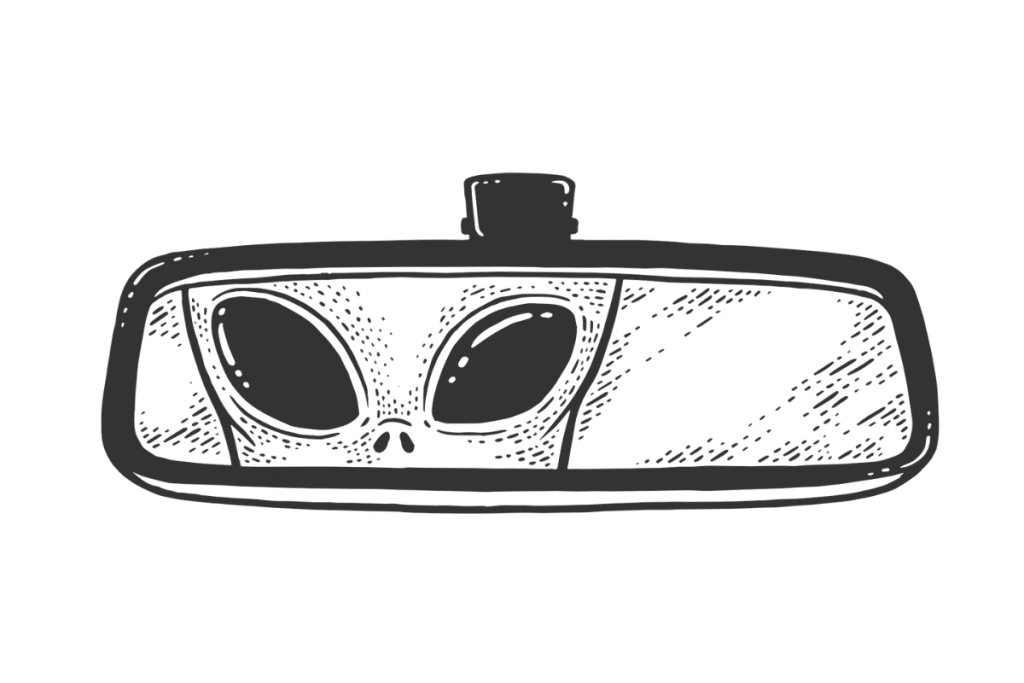
Is Marijuana Legal in Norway?
No, marijuana is also illegal in Norway.
Unfortunately, Norway is one of the few European countries where marijuana is still illegal.
However, if the police catch you with up to 15 grams, penalties do not go beyond a fine — in larger quantities, you can spend up to 2 years in prison. These laws apply to delta 8, delta 9, and delta 10 THC.
Fortunately, medical marijuana is legal in Norway: as of 2018, the Norwegian Medicines Agency allows doctors to prescribe medical cannabis to their patients.
What’s The Difference Between Legalization & Decriminalization?
Legalization and decriminalization are different terms, although they may seem similar. Understanding their differences is vital to avoid getting into trouble when traveling to another country.
When we talk about decriminalizing a drug, we refer to a significant reduction of penalties for possession. This measure is a great help to prevent users from going to jail or receiving fines for simply possessing a small amount.
Instead, legalization goes a step further by eliminating all penalties and even regulating the sale to the public. This measure can put an end to drug trafficking and also nullifies the black market, increasing the quality of whatever you are buying.
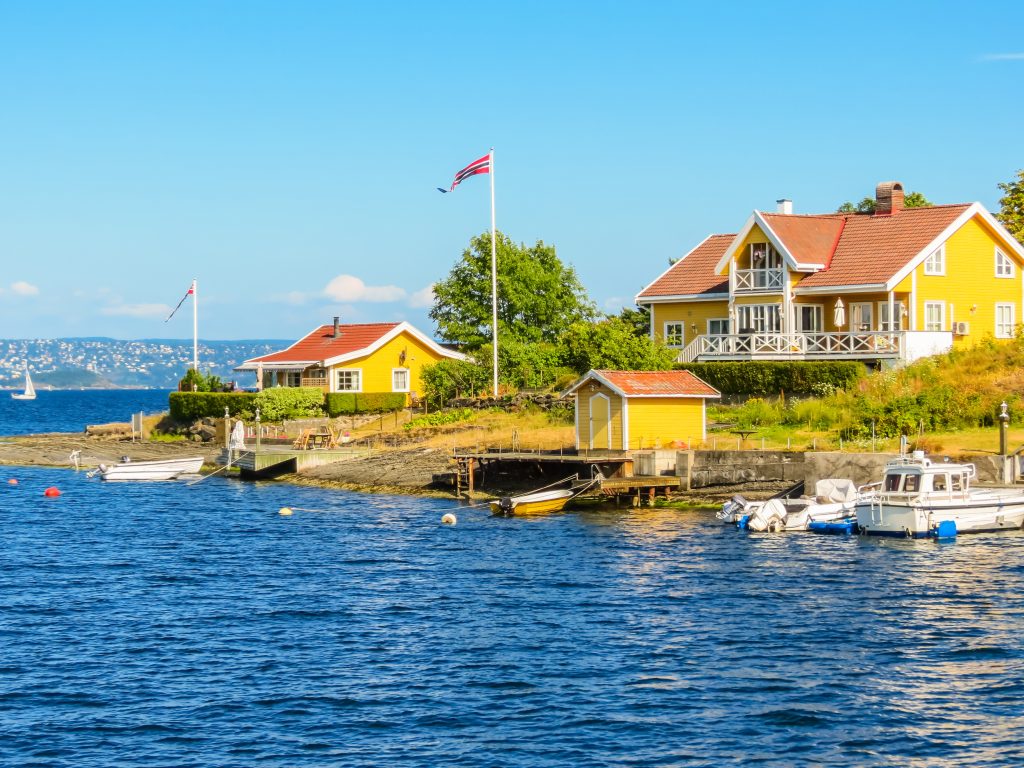
Key Takeaways: What’s The Future of Psychedelics in Norway?
Unfortunately, Norway is one of the European countries with the strictest drug laws — however, many experts believe this is going to change soon. Advocates have already tried to pass a decriminalization bill in 2021. The bill failed, but the movement has more support now than ever.
It’s very likely that Norway will move to decriminalize drugs within the next few years.

